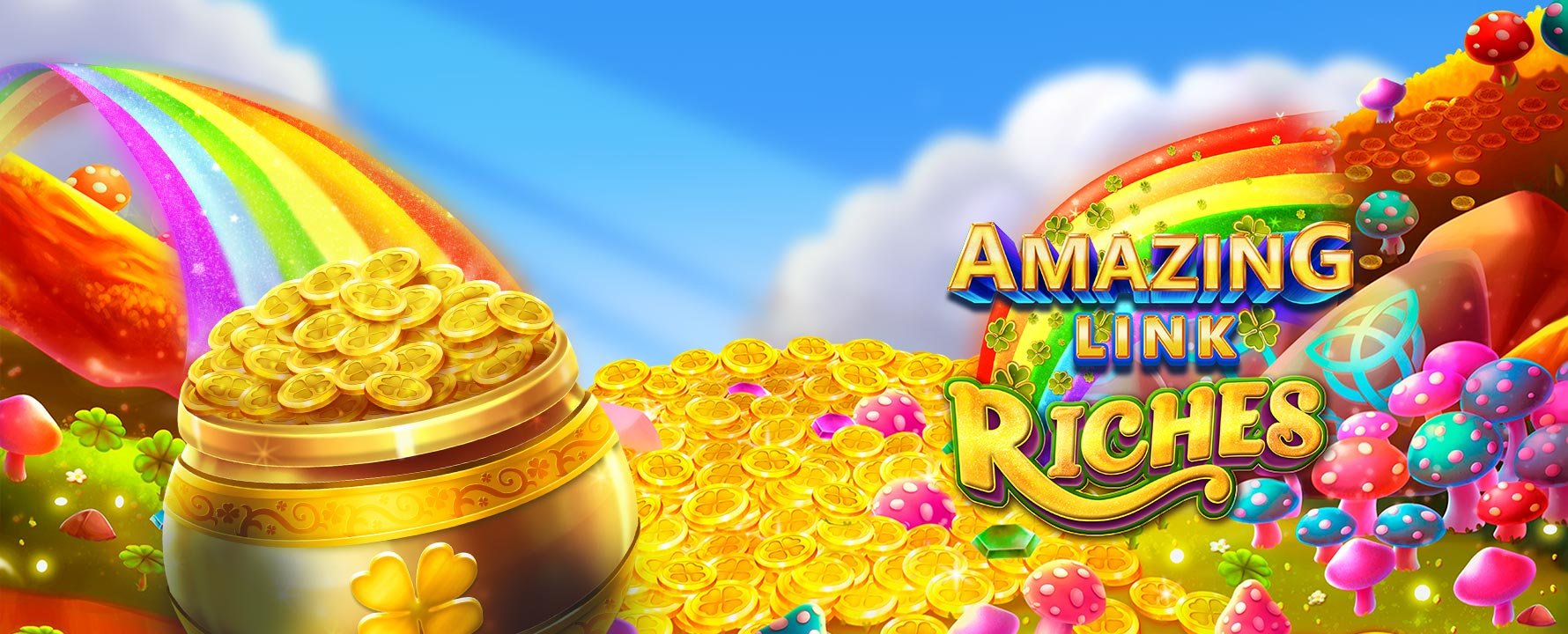Ruby Fortune Casino – You’re Invited!
Are you looking for an online gaming experience that pulsates with glamour, glitter, and luxury? Ruby Fortune Casino delivers this, and a whole lot more!
With us, you can take gaming to the next level. Here, only the best will do. It was like that when we launched in 2003, and that is what you can expect now. Welcome to premium online casino entertainment. Welcome to Ruby Fortune Casino.

Wherever You Go
You probably have an Android, iOS, or other smartphone or tablet. Put it to good use by taking the premium offerings of Ruby Fortune wherever you go. Our mobile casino is replete with the best games, as well as bonus offers and other promotions, and it offers you easy access to our banking and customer support services. No matter where you are, you can dazzle things up and add a touch of class.

Great Mobile Gaming
The enthralling action of Ruby Fortune’s casino games is not limited to your computer. Whether your preference is to spin reels or bet at the tables, our mobile games are all you need.
The Slots with 3 reels, 5 reels, and bonus features you love, as well as Blackjack, Roulette, Video Poker and more, are all there.






Happy Winners
Over 450 Quality Casino Games
When viewed through a telescope, a tiny cluster of stars known to astronomers as the Jewel Box appears. It glitters and shimmers with possibilities, much like the cutting-edge casino games you can play at Ruby Fortune online.
Peruse our collection at your convenience, find the slots and table games you love, and enjoy luxurious opportunities to win real money. Powered by Microgaming, our immersive games boast graphics, animations, and other effects that need to be experienced.
Spin 3-reel, 5-reel, video, and other online slots, and play different versions of Roulette and Blackjack. Let a treasure trove of other games such as Craps, Video Poker, Baccarat, as well as progressive jackpot games and many more, keep you thrilled and fulfilled. Who knows? One lucky bet could reap rewards with which you could amass a hoard of precious stones to rival the Jewel Box itself.
Take Ruby Fortune With You
You probably have an Android, iOS, or other smartphone or tablet. Put it to good use by taking the premium offerings of Ruby Fortune wherever you go.
Our mobile casino is complete with the best games, as well as bonus offers and other promotions, and it offers you easy access to our banking and customer support services. No matter where you are, you can dazzle things up and add a touch of class.
Excellent Mobile Gaming
The enthralling action of Ruby Fortune’s casino games is not limited to your computer. Whether your preference is to spin reels or bet at the tables, our mobile games are all you need.
The slots with 3 reels, 5 reels, and bonus features you love, as well as Blackjack, Roulette, Video Poker and more, are all there. With our mobile casino you can turn every spare moment into one filled with fun – and jackpot wins.
Live Casino Luxury for You
At Ruby Fortune Casino, the action and entertainment extends beyond offering only the very best standard casino games. You also have the option of playing classic and contemporary casino games against real live dealers, in a real casino environment.
Our live games are powered by Evolution Gaming, a world leader in the provision of live casino gaming services and software. Cutting-edge tech brings you up close and personal with charming dealers who have all qualified with flying colours at the provider’s training facility. Follow the action in HD video streaming, chat to the dealers and other players using live messaging, and do what you need to do to win, with ease and total peace of mind.
A Safe and Secure Online Casino
At Ruby Fortune, quality goes hand-in-hand with reliability, security, and trustworthiness. This is exactly what puts the shine on our online casino.
We are also fully licensed and endorsed by independent regulator eCOGRA. This means you’ll always enjoy fair play, encrypted banking, easy deposits for credit cards, e-wallets, prepaid cards and more, fast withdrawals, and friendly and professional support via live chat and email.
With phenomenal bonuses that add even more sparkle to your gaming and a payout ratio in excess of 97%, you’ll want to play with us!




